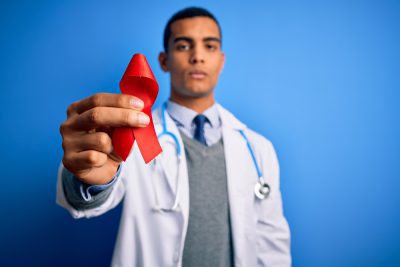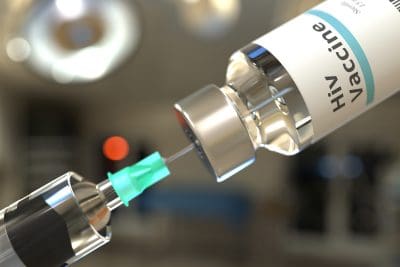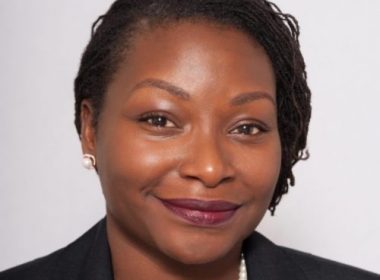
Being diagnosed with a life-threatening illness is a devastating event in any person’s life. When it comes to an HIV diagnosis, the event becomes even more agonizing. The pending prospect of a wasting illness and death hangs like an ever-present sword waiting to drop on the afflicted. For some, it can lead to a downward spiral of depression and death. For others, it becomes a fight for life and purpose. On Saturday, Oct. 15, 2016, the advocacy group SisterLove gathered women who have survived with an HIV diagnosis for 20 years or more. These women are not just victims of HIV, they are activists and educators against the disease as well as motivators.
Rolling out spoke with 10 of these women at the event. Here is the story Deidre Johnson.
Where are you from?
Richmond, Virginia, but I live now in Petersburg, Virginia.
Why did you become an HIV activist?
I became involved 16 years ago when I became pregnant with my youngest son. During my pregnancy, I was asked if I wanted to have an HIV test. I responded yes and the results came back positive. At the time, I didn’t know anyone in my area that was HIV positive. I decided to speak about my condition, how it happened to me, what was going on and what my life was like. I shared this with young men and women across the state and have been doing it ever since.
Do you think Black youth today understand the risk of HIV infection?
No, I do not. I don’t think they [understand] their HIV status and what’s going on with it. I don’t think it’s come in their face yet that “us,” as older individuals, have made it a point to make it understandable to them how this is not an easy disease to live with. I think we have a lot of work to do with the millennials and we need to work really hard to reach this group.
What role do you believe that sexual fluidity has played in HIV infection?
I think with sexual fluidity people believe sex is fun, but they don’t want to hear about the negative things that come along with it. This includes condom use, pregnancy, STDs and HIV. It’s really important for them to be educated on the good and the bad.
What role do you think the drug Truvada and PreP has had in the community when it comes to HIV risk and sexual behavior?
In Virginia, that is something that we are trying to start now, but I am a little concerned with the whole PreP and Truvada movement: the belief that these drugs are like the impact of say penicillin on other STDS, the belief that I can take a pill and things will be fine. I am concerned about people not being educated about the consequences of sex and HIV. Even though they might be using Truvada and the PreP program, you still have to protect yourself. HIV is not going to stop just because of PreP and Truvada.
What would you like to say in closing?
I want people to remember that “minutes, plus or minus moments, equal a lifetime.” It takes a minute to complete a task like sex or whatever you’re doing; a moment to make a difference like putting on a condom; that equals a lifetime of good or bad memories. So, my hope is that people will take one minute out of their life to take a moment to be STD free and educate to live an awesome lifetime.














